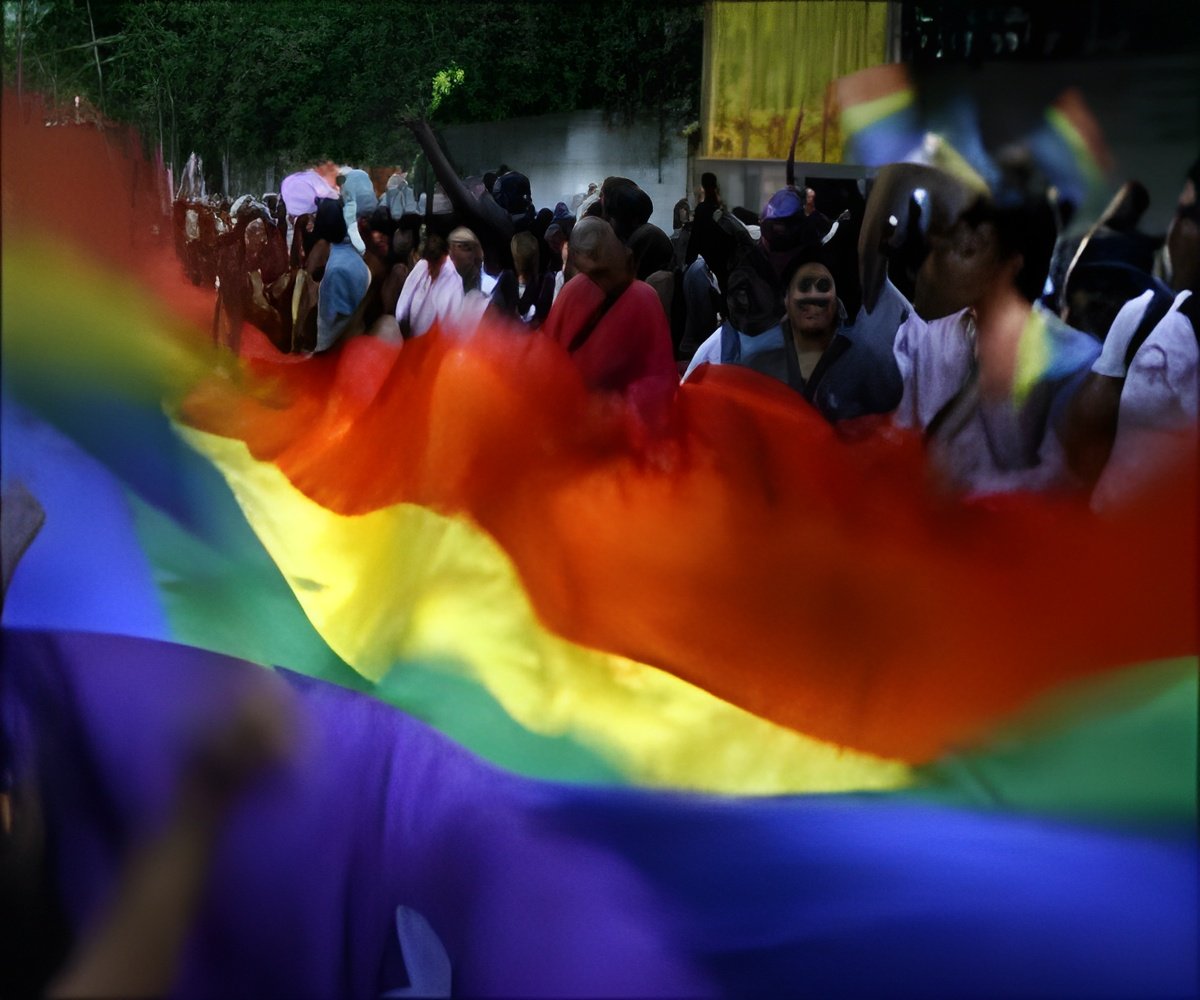The Supreme Court’s ruling on pronouncing gay sex illegal in India has angered gay rights activists and members of the Lesbian Gay Bisexual Transgender community expecting freedom for gay sex.

Angry scenes were witnessed outside the court today while many members of the community burst into tears when the verdict was announced. Sheer disappointment and disbelief were written large on many faces that expected the Supreme Court to merely affirm the 2009 Delhi High Court verdict decriminalizing gay sex. Some NGOs working for gay rights such as Naz Foundation have announced they are going to challenge the verdict.
In its verdict today, the Supreme Court of India clearly stated that the law could be changed only by the Parliament after deleting a section of the penal code that dates back to the 19th century. Referring to the 2009 Delhi High Court decriminalizing gay sex, the highest court in India has said that Section 377 is a valid constitutional provision and the 2009 verdict is a clear indication that the Delhi High Court had overstepped its powers with its ruling four years ago.
Delhi High Court’s Green Signal for Gay Sex in 2009
Delhi High court’s 2009 judgment was seen as a promising step towards lifting the “criminal” tag off the homosexual community in India. The High court ruling in 2009 decriminalizing gay sex was hailed by gay rights activists as a welcome move in allowing gay sex among consenting adults.
The Delhi High Court had struck down the Section 377 of Indian Penal Code on the grounds that it had violated the fundamental right of the individual guaranteed by the Indian Constitution. The Public Interest Litigation (PIL) before the HC was filed by the Delhi based Naz foundation, an NGO which works among sex workers.
What next for Gay Rights in India?
Members of the gay sex community fear the Supreme Court reversal that makes gay sex illegal will give them into the hands of policemen who will continue to hound them. Gay activists allege that the law which carries a punishment of up to 10 years in jail will be used by the police to harass members of the community. Some have even said that said the policemen raped them if they did not pay a bribe to be released from detention.
Today’s Supreme Court verdict only shows that India has to widely debate this sensitive issue of granting rights to members of the gay sex community and that the Indian society has to evolve a system to deal impartially with those outside the loop of what it considers "normally acceptable."
Source-Medindia









